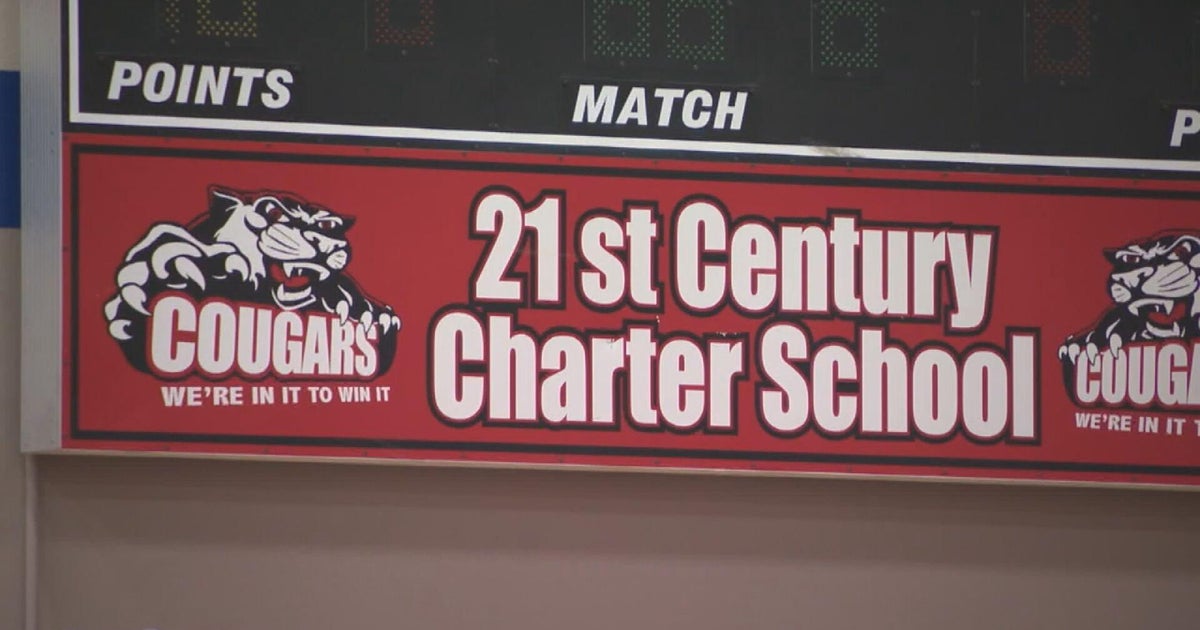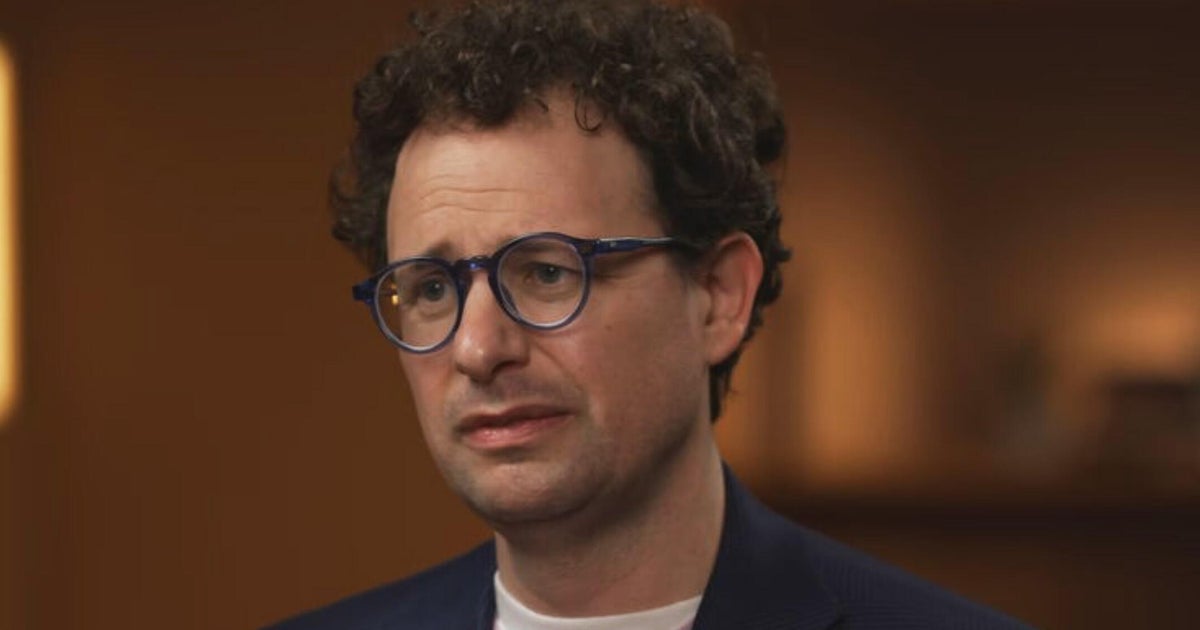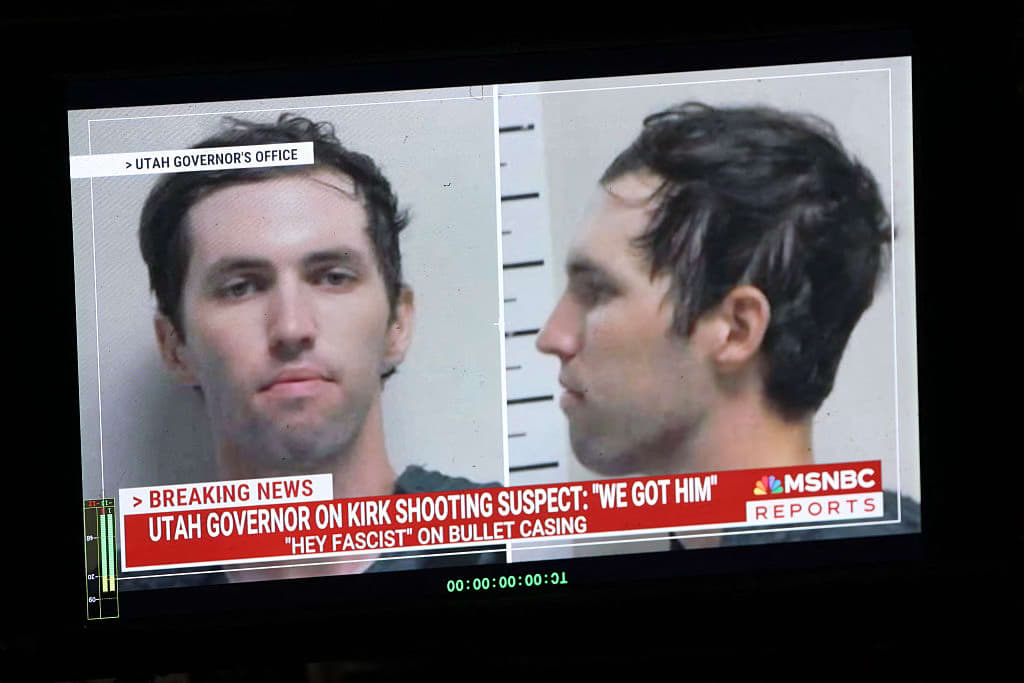Haiti's interim government asks U.S. for security assistance
Haiti's interim government said Friday that it asked the U.S. for security assistance to protect key infrastructure as it tries to stabilize the country and prepare the way for elections in the aftermath of the assassination of President Jovenel Moïse.
"We definitely need assistance and we've asked our international partners for help," Interim Prime Minister Claude Joseph told The Associated Press in an interview, declining to provide further details. "We believe our partners can assist the national police in resolving the situation."
Joseph said that he was dismayed by opponents who've tried to take advantage of Moïse's murder to seize political power — an indirect reference to a group of lawmakers have declared their loyalty and recognized Joseph Lambert, the head of Haiti's dismantled senate, as provisional president and Ariel Henry, whom Moïse designated as prime minister a day before he was killed, as prime minister.
"I'm not interested in a power struggle," Joseph said in the brief phone interview, without mentioning Lambert by name. "There's only one way people can become president in Haiti. And that's through elections."
Joseph has also requested security assistance from the United Nations. He sent a letter, obtained by CBS News, to the U.N. dated July 7, requesting that the U.N send troops to Haiti to aid in security. Deputy Spokesperson Farhan Haq confirmed that the letter was received, CBS News' Pamela Falk reports.
Any allocation of blue helmet peacekeeping forces to Haiti would have to be authorized by the 15-nation Security Council, Haq said.
The head of Colombia's police said that the Colombians implicated in Moïse's assassination were recruited by four companies and traveled to the Caribbean nation in two groups via the Dominican Republic. Meanwhile, the U.S. said it would send senior FBI and Homeland Security officials to help in the investigation.
Haitian National Police Chief Léon Charles said 17 suspects have been detained in the brazen killing of Moïse that stunned a nation already reeling from poverty, widespread violence and political instability.
As the investigation moved forward, the killing took on the air of a complicated international conspiracy. Besides the Colombians, among those detained by police were two Haitian Americans, who have been described as translators for the attackers. Some of the suspects were seized in a raid on Taiwan's Embassy where they are believed to have sought refuge.
At a news conference in Colombia's capital of Bogota, General Jorge Luis Vargas Valencia said four companies had been involved in the "recruitment, the gathering of these people" implicated in the assassination, although he did not identify the companies because their names were still being verified.
Two of the suspects traveled to Haiti via Panama and the Dominican Republic, Vargas said, while a second group of 11 arrived in Haiti on July 4 from the Dominican Republic.
In Washington, White House Press Secretary Jen Psaki said senior FBI and Department of Homeland Security officials will be sent to Haiti "as soon as possible to assess the situation and how we may be able to assist."
"The United States remains engaged and in close consultations with our Haitian and international partners to support the Haitian people in the aftermath of the assassination of the president," Psaki said.
Following Haiti's request for U.S. assistance, a senior administration official reiterated Psaki's earlier comments that the administration is sending officials to assess how it can be most helpful, but added there are no plans to provide military assistance at this time.
The U.S. sent troops to Haiti following the last presidential assassination in the country, the murder of President Vilbrun Guillaume Sam in 1915 at the hands of an angry mob that had raided the French Embassy where he had sought refuge.
Investigative Judge Clément Noël told the French-language newspaper Le Nouvelliste that the Haitian Americans arrested, James Solages and Joseph Vincent, said the attackers originally planned only to arrest Moïse, not kill him. Noël said Solages and Vincent were acting as translators for the attackers.
The same newspaper quoted Port-au-Prince prosecutor Bed-Ford Claude as saying he ordered an investigative unit of the National Police Force to interrogate all the security agents close to Moïse. These include Moise's security coordinator Jean Laguel Civil and Dimitri Hérard, head of the General Security Unit of the National Palace.
"If you are responsible for the president's security, where have you been? What did you do to avoid this fate for the president?" Claude said.
The attack, which took place at Moïse's home before dawn Wednesday, also seriously wounded his wife, who was flown to Miami for treatment.
Joseph assumed leadership with the backing of police and the military and declared a two-week "state of siege." Port-au-Prince already has been on edge amid the growing power of gangs that displaced more than 14,700 people last month alone as they torched and ransacked homes in a fight over territory.
The killing brought the usually bustling capital to a standstill, but Joseph urged the public to return to work.
Solages, 35, described himself as a "certified diplomatic agent," an advocate for children and budding politician on a now-removed website for a charity he started in 2019 in south Florida to assist resident of his home town of Jacmel, on Haiti's southern coast.
Solages also said he had worked as a bodyguard at the Canadian Embassy in Haiti, and on his Facebook page, which was also taken down after news of his arrest, he showcased photos of armored military vehicles and a shot of himself standing in front of an American flag.
Canada's foreign relation department released a statement that did not refer to Solages by name but said one of the men detained for his alleged role in the killing had been "briefly employed as a reserve bodyguard" at its embassy by a private contractor.
Calls to the charity and Solages' associates went unanswered. However, a relative in south Florida said Solages doesn't have any military training and doesn't believe he was involved in the killing.
"I feel like my son killed my brother because I love my president and I love James Solages," Schubert Dorisme, whose wife is Solages' aunt, told WPLG in Miami.
Taiwan's Embassy in Port-au-Prince said police had arrested 11 individuals who tried to break into the compound early Thursday. It gave no details of their identities or a reason for the break-in but in a statement referred to the men as "mercenaries" and strongly condemned the "cruel and barbaric assassination" of Moïse.
"As for whether the suspects were involved in the assassination of the president of Haiti, that will need to be investigated by the Haitian police," Foreign Affairs spokesperson Joanne Ou told The Associated Press in Taipei.



